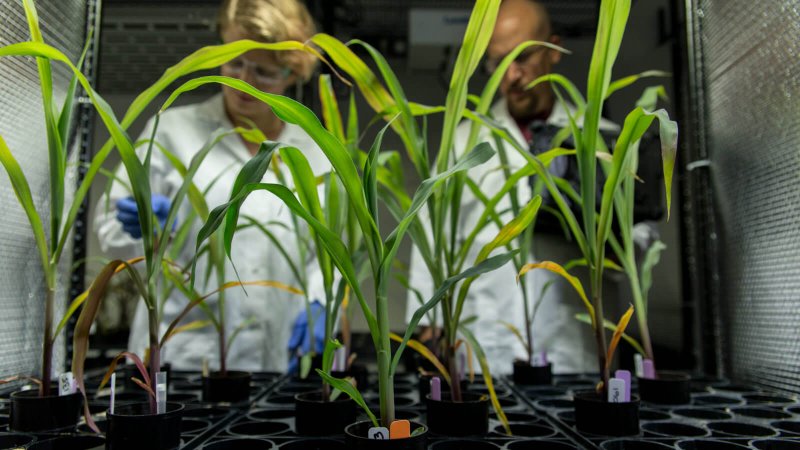It was January 15, 1881, and the U.S. envoy to Peru had to duck for cover …. Chile had invaded Peru for a seemingly unlikely prize: nitrogen fertilizer. Twenty years earlier, the great European powers and the United States had come to the brink of global war over three tiny islands off the coast of Peru covered in mountains of nitrogen-rich guano …. nitrogen gave these countries the power to feed their growing populations.
…
[I]n 1908, as South American nitrogen was beginning to run low, the chemist Fritz Haber discovered a way to take the inert nitrogen in air and turn it into the reactive forms plants and animals use …. Since Haber’s discovery, humans have nearly doubled Earth’s natural flow of fixed nitrogen, overwhelming the capacity of ecosystems to remove it. The resulting buildup is poisoning the planet’s waterways ….…
Now, for the first time in over a hundred years, there’s a potential solution. A pack of startups is racing to market with a means of fixing nitrogen without polluting the Earth …. Pivot plans to start getting farmers nitrogen-fixing bacteria — which efficiently delivers fertilizer to crops, no fossil fuels required. Farmers will spritz seeds with a liquid probiotic as they bury them in the ground.
Read full, original article: Billionaires and Bacteria are Racing to Save Us From Death by Fertilizer































